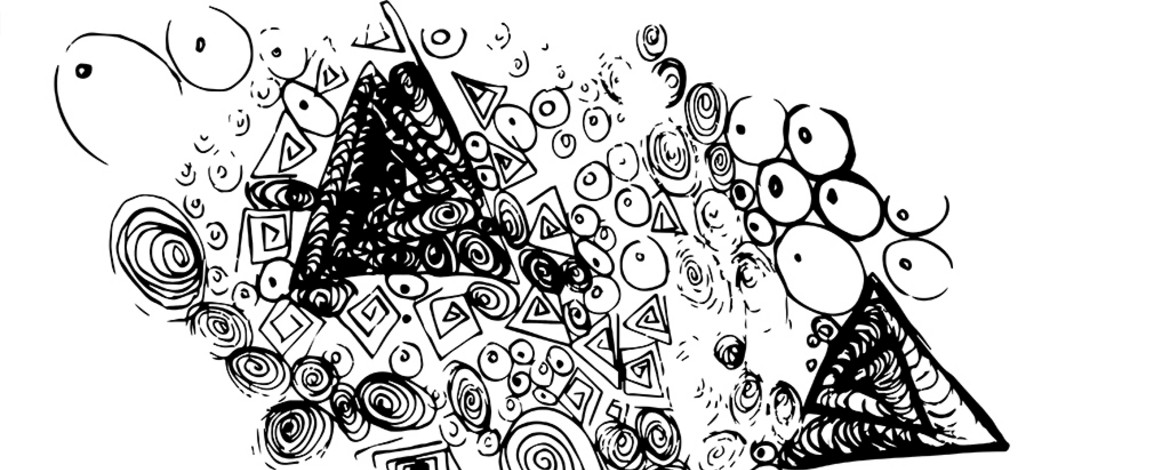Afro-Culture: On being Human and other Myths

Sihko Siyotula, Cosmopolis Doodle
Video recordings are now available for the following three lectures:
Gurminder Bhambra, "Postcolonial Cosmopolitanism: A Contradiction in Terms?"
An exclusive interview with Paul Bandia is also available.
Natasha A. Kelly
Afro-Culture: On being Human and other Myths
Cosmopolitanism is the ideology that all human beings belong to a single community, based on a shared morality, equal economic relations, and a just political system that reaches beyond national borders. The concept is often related to geographical locations, rather than to peoples’ histories within these locations. For example, Berlin is often defined as Germanys’ most cosmopolitan city due to its high rate of diversity. But to what extent does this philosophy actually apply to the histories of its people? How can we understand the concept of cosmopolitanism without understanding the ‘concept of being’? Along what W. E. B. Du Bois’ coins ‘the color-line’ (1903), I trace the journey of Black Germans out of what Frantz Fanon (1952) calls the ‘zone of nonbeing’, where the history of becoming human began for colonized, enslaved, and marginalized peoples, into a ‘zone of being’, from where cosmopolitan cities such as Berlin can eventually be (re-)imagined. As cultural critic Mark Dery (1993) proposes, I examine how a community whose past has deliberately been erased, and whose presence is subsequently absent can design a possible future, in which according to Kwame Anthony Appiah (1997) individuals from varying locations enter relationships of mutual respect despite their differing backgrounds, beliefs and histories. In contrast to the Hegelian philosophy of existence, I introduce the concept of Afro-Culture as an intersectional matrix of knowledge that consists of historical, realistic, and futuristic elements, and concentrate on the past, present, and future of Black bodies in Germany from a Black German post-feminist perspective. Concurrently, my lecture can be understood as a critique of European modernity as well as a socio-political guidance of transnational solidarity and social change.
Thursday, June 22nd 2017; 18-20 // Campus Neues Palais, Building 9, Room 2.15 (second floor)
Seminar with Natasha A. Kelly
Each lecture was accompanied by a seminar conducted by the speaker, which picks up on the themes and talking points of the lecture.
Friday, June 23rd 2017; 10-12
Short Bio
Natasha A. Kelly has a PhD in Communication Studies and Sociology with her research focus on colonialism and feminism. Born and bred in the United Kingdom and raised in Germany, Natasha was the elected representative of the European Union in the Council for Integration and Migration of the Berlin Senate (2012 – 2016). Natasha considers herself to be an “academic activist” (two important features that can be seen individually, but never separately from each other). Rooted in the Pan-African culture of her Jamaican heritage her political and academic works relate to the past, present, and future of the African Diaspora in Germany. As an editor, author and lecturer at diverse private and state universities in Germany and Austria she uses different art forms to materialize “untouchable” phenomena like racism and sexism as demonstrated in her exhibition EDEWA (http://www.edewa.info). This enables her to connect theory and practice and highlight the importance and necessity of the transfer-lines between politics, academia and society. Her dissertation titled: “Afrokultur. ‘der raum zwischen gestern und morgen’” (Unrast Verlag 2016) deals with the life and works of W. E. B. Du Bois, Audre Lorde and May Ayim, three Black knowledge workers who framed Afro-German identity.
